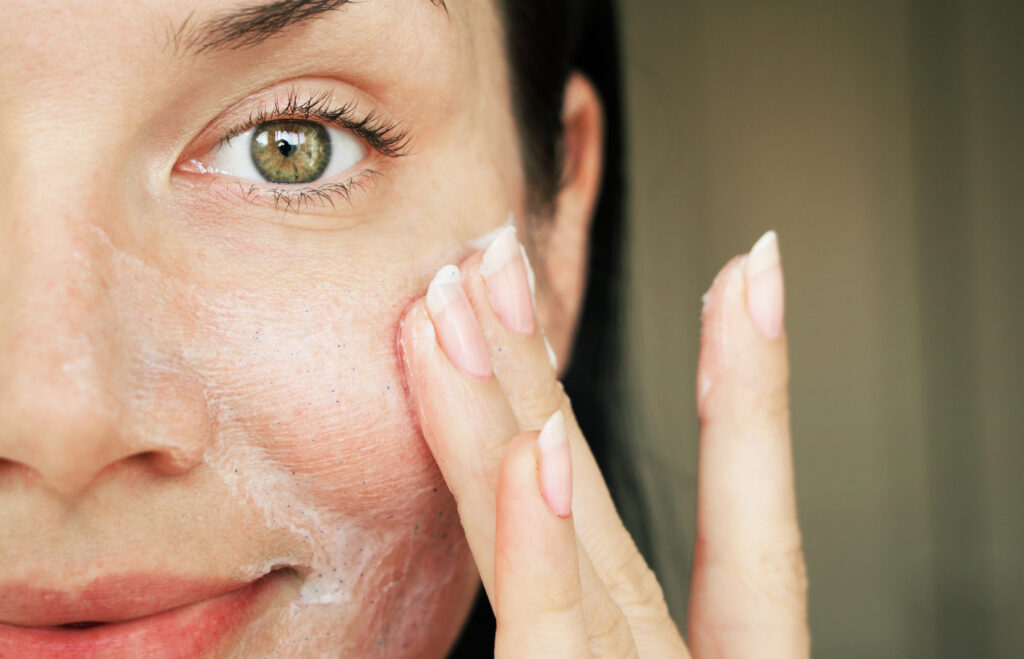As temperatures drop and the air turns crisp, many of us notice our skin feeling tighter, flakier, or just plain dull. Winter’s cold air and indoor heating can strip moisture from the skin, leaving it dry and uncomfortable. But you don’t need a complicated or expensive routine to keep your skin hydrated and glowing all season long.
Here are practical, science-backed tips to help you maintain healthy, radiant skin through the colder months.
Hydrate from within
Hydration isn’t just about what you put on your skin, it starts from within. Drinking enough water each day supports your body’s natural moisture balance, helping your skin stay plump and resilient.
To make it easier, keep a reusable water bottle nearby and sip regularly throughout the day. In winter, warm drinks like herbal teas, broths, and soups count too, since they’re both soothing and hydrating. Also consider foods with high water content, such as cucumber, oranges, and watermelon, for supporting hydration.
When you’re well-hydrated, your skin cells function better, meaning they can absorb and hold onto moisture from topical treatments more effectively. Try aiming for about eight glasses of water a day, spaced evenly from morning to evening.
Moisturize strategically
Winter air pulls moisture from your skin, so the key is to lock it in. Choose moisturizers with nourishing ingredients such as hyaluronic acid, ceramides, and shea butter, since these help reinforce your skin’s protective barrier and prevent water loss.
Layering can also boost effectiveness: apply a hydrating serum first, then seal it in with a richer cream. For added radiance, include a skin-brightening cream to even out tone and restore that healthy winter glow.
With consistent use, most people notice smoother, softer, more luminous skin within two to three weeks.
Adjust your shower habits
There’s nothing better than a hot shower on a cold day, but your skin may disagree. Long, steamy showers can strip away the natural oils that protect your skin’s moisture barrier.
Instead, try switching to lukewarm water and limiting your shower to about 10 minutes. Use gentle, fragrance-free cleansers instead of harsh soaps, and apply your moisturizer while your skin is still slightly damp.
Mind your environment
Indoor heating systems can make the air inside your home surprisingly dry, which in turn dehydrates your skin. Combat this by using a humidifier, especially while you sleep, to add moisture back into the air.
If you don’t have one, even placing bowls of water near heating vents can help. Keep windows cracked occasionally to allow fresh air circulation, and avoid sitting too close to space heaters for extended periods.
These small tweaks can help reduce that tight, itchy feeling and make your overall skincare routine more effective.

